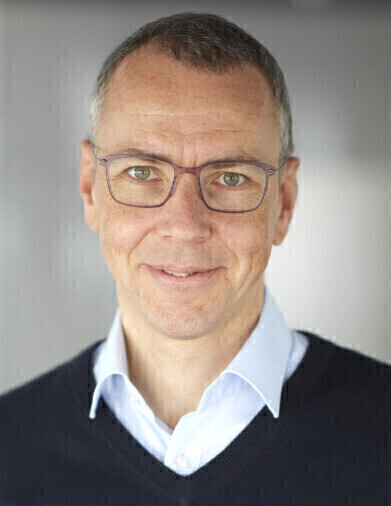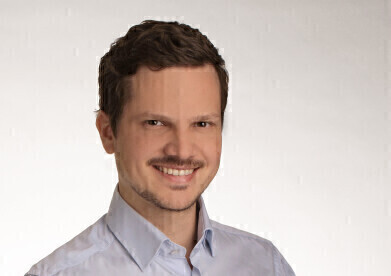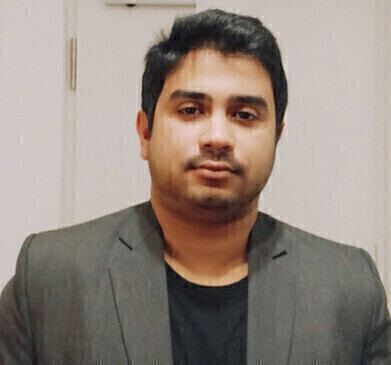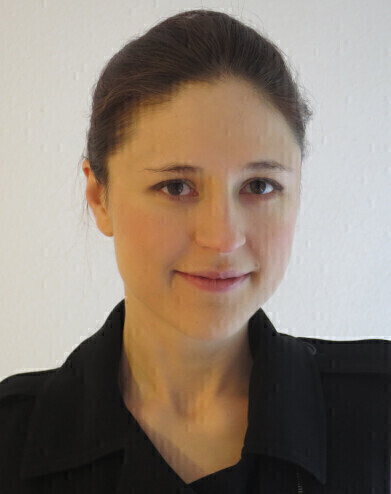-
 Immanuel Bloch
Immanuel Bloch -
 Simon Baier
Simon Baier -
 Arindam Ghosh
Arindam Ghosh -
 Dasha Nelidova
Dasha Nelidova
News
Pioneering work in Quantum Simulation wins Zeiss Research Award
May 10 2023
The Zeiss Research Award is to be presented to Professor Dr Immanuel Bloch for his outstanding research in the field of quantum simulation using ultracold atoms. The ceremony will take place at the Deutsches Museum in Munich on 26 June 2023. Three young scientists from Germany, Austria and Switzerland will also receive the Carl Zeiss Award for Young Researchers.
Dr Bloch, who obtained his PhD from Ludwig Maximilian University (LMU) in Munich, is a Scientific Director at the Garching-based Max Planck Institute of Quantum Optics and Professor of experimental physics at LMU. Considered as a pioneer in quantum research, he established a new field of research with the study of artificial quantum matter using ultracold atoms in artificial crystals of light or 'optical lattices' through highly complex optical experiments at the interface of quantum optics, quantum information processing and solid-state physics. His work has succeeded in precisely measuring and controlling the interplay between atoms or small molecules using ultracold quantum gases to better understand how quantum materials such as superconductors work, paving the way for the new interdisciplinary field of quantum simulation through his research.
The Carl Zeiss Research Award was started in 1990 to recognise outstanding achievements in optics or photonics amongst candidates still actively conducting research into work offering major potential for gaining further knowledge and enabling practical applications and innovation in science and technology. The panel of scientific experts from around the world is headed by Professor Dr Jürgen Mlynek from Humboldt University in Berlin.
Succeeded by the Zeiss Research Award in 2016, many of the 26 award winners have gone on to receive other important distinctions, with four having won the Nobel Prize.
The Carl Zeiss Award for Young Researchers, sponsored by the Ernst Abbe Fund will this year be presented to Dr. Simon Baier from the University of Innsbruck, Dr. Arindam Ghosh from Julius Maximilian University in Würzburg and Dr Dasha Nelidova from the University of Basel. Baier works on quantum mechanics at the Institute for Experimental Physics in Innsbruck; Ghosh is a researcher in biotechnology and biophysics and Nelidova works in ophthalmology at the Institute of Molecular and Clinical Ophthalmology in Basel. Her research includes a novel method for restoring vision after blindness caused by age-related macular degeneration, the most common cause of blindness in industrialised countries.
More information online
Digital Edition
Lab Asia Dec 2025
December 2025
Chromatography Articles- Cutting-edge sample preparation tools help laboratories to stay ahead of the curveMass Spectrometry & Spectroscopy Articles- Unlocking the complexity of metabolomics: Pushi...
View all digital editions
Events
Jan 21 2026 Tokyo, Japan
Jan 28 2026 Tokyo, Japan
Jan 29 2026 New Delhi, India
Feb 07 2026 Boston, MA, USA
Asia Pharma Expo/Asia Lab Expo
Feb 12 2026 Dhaka, Bangladesh


















